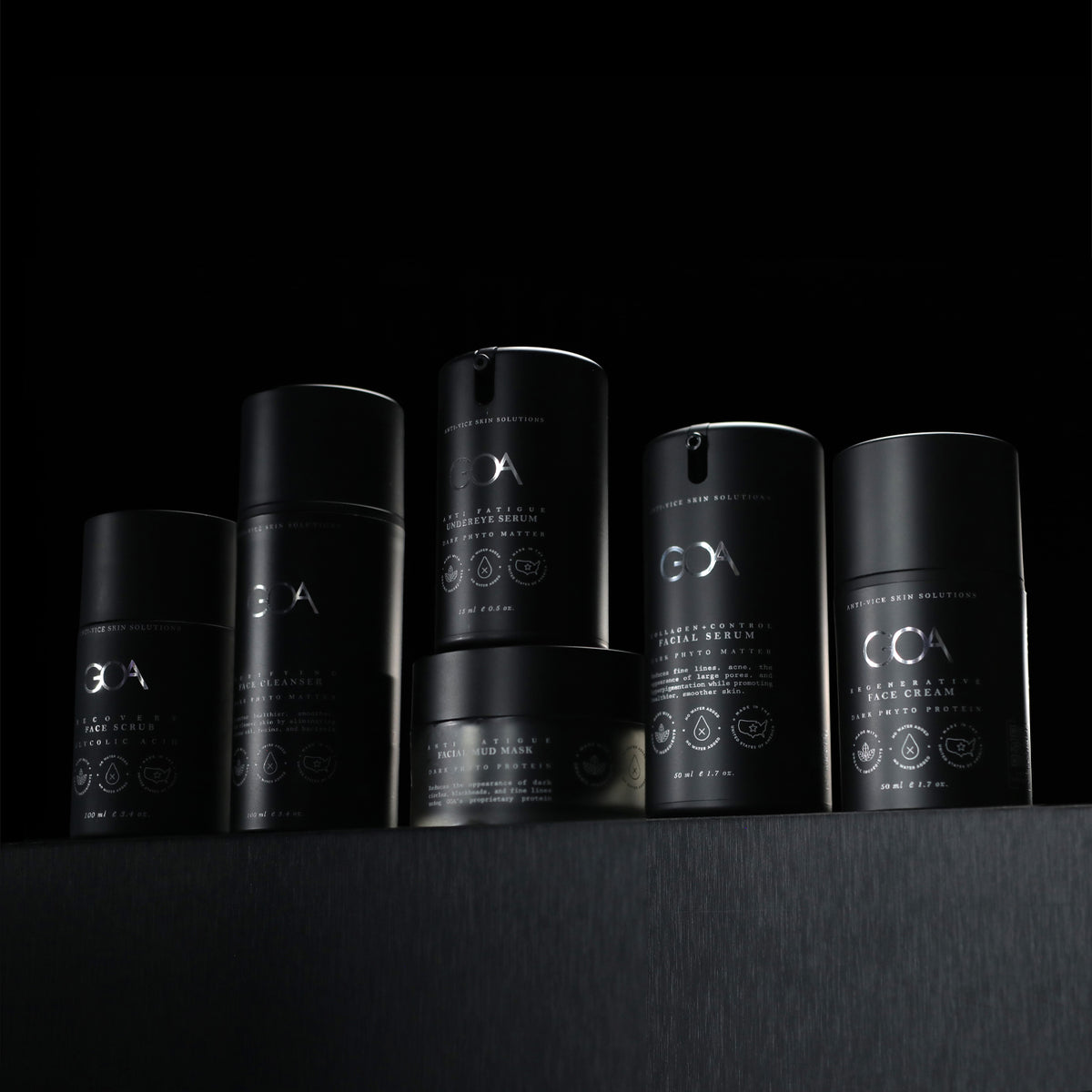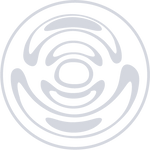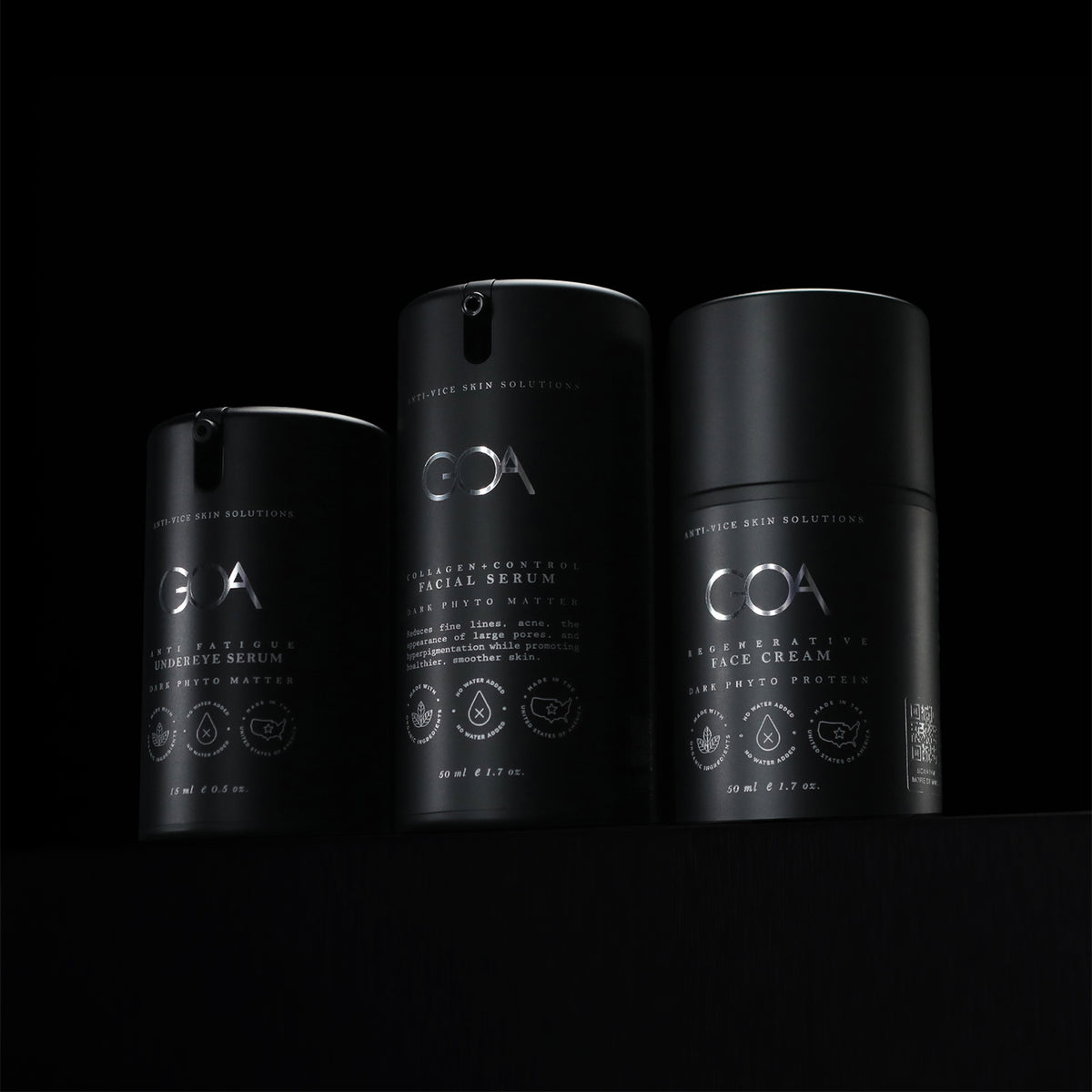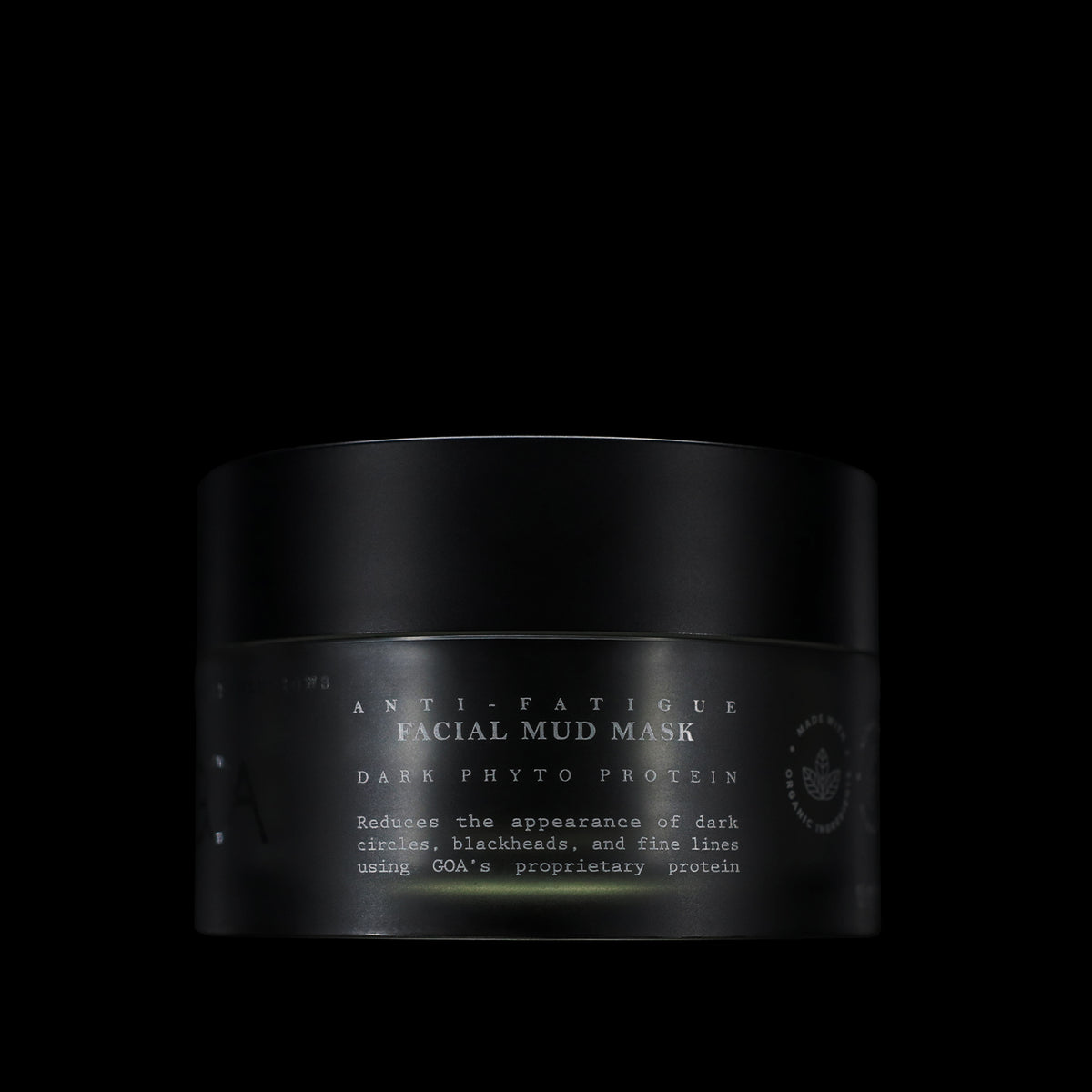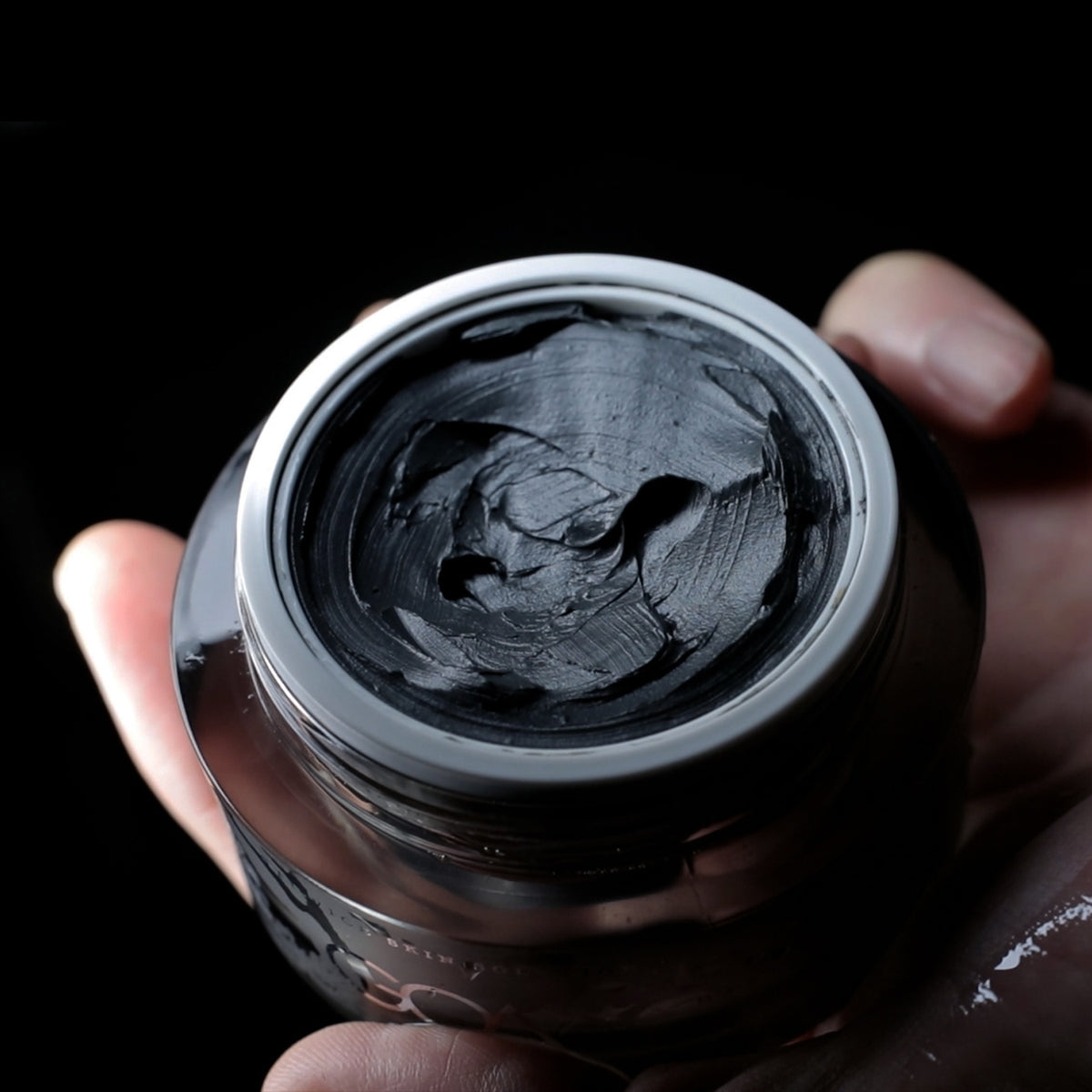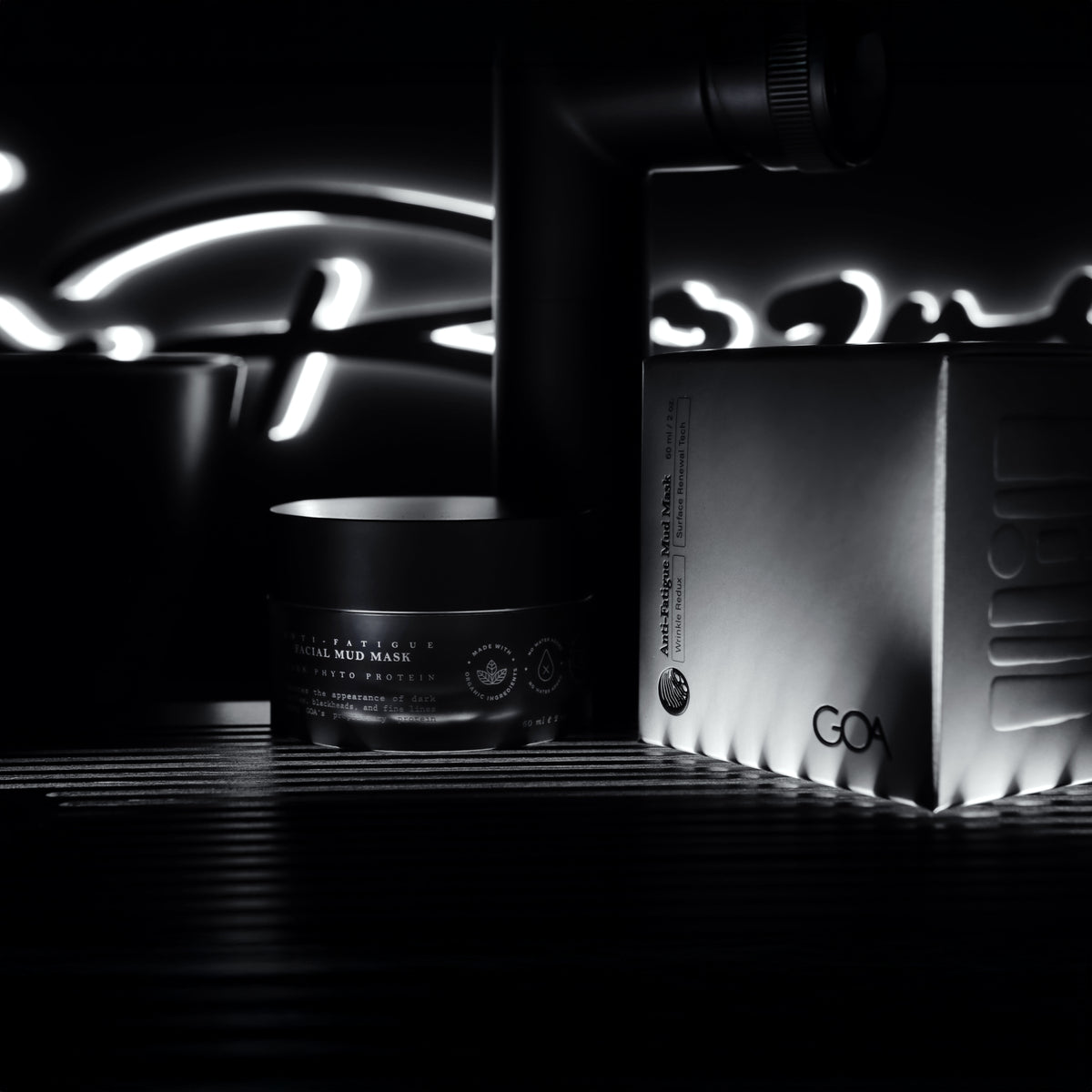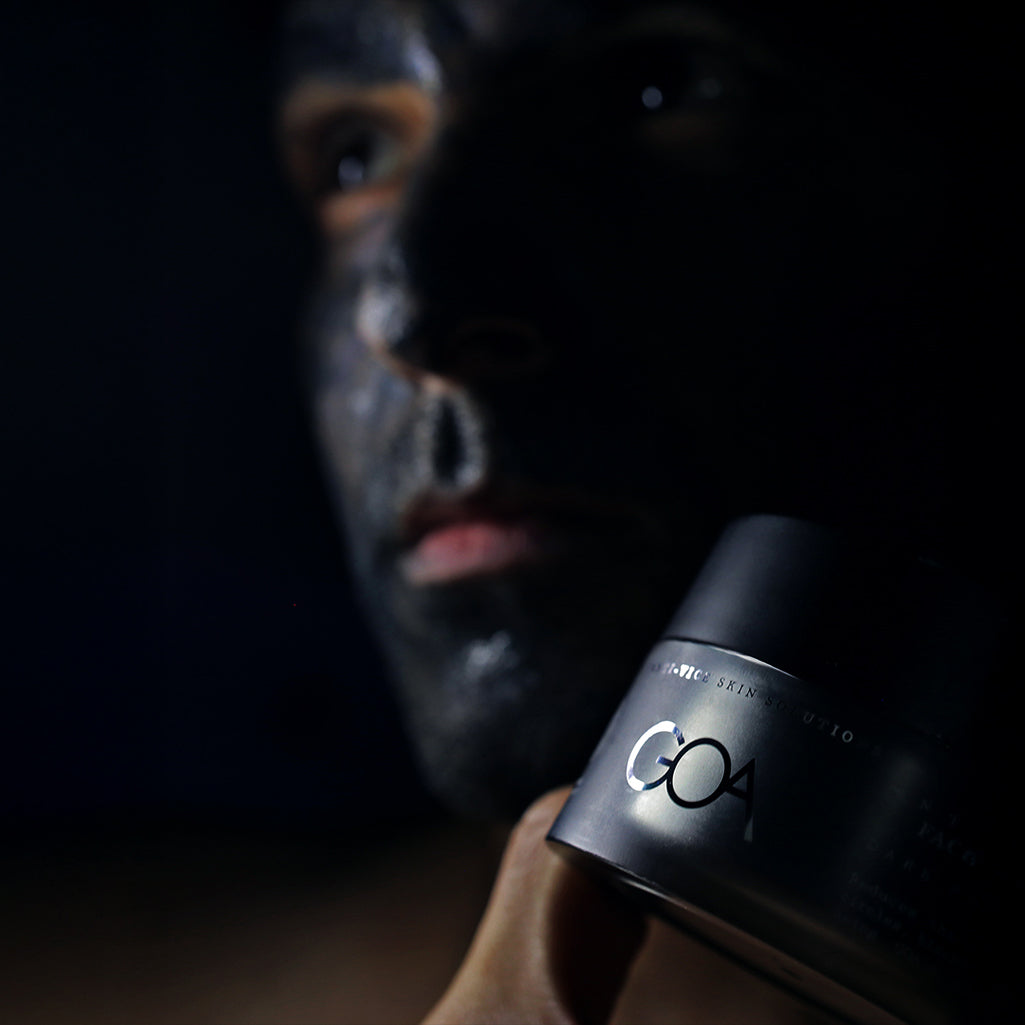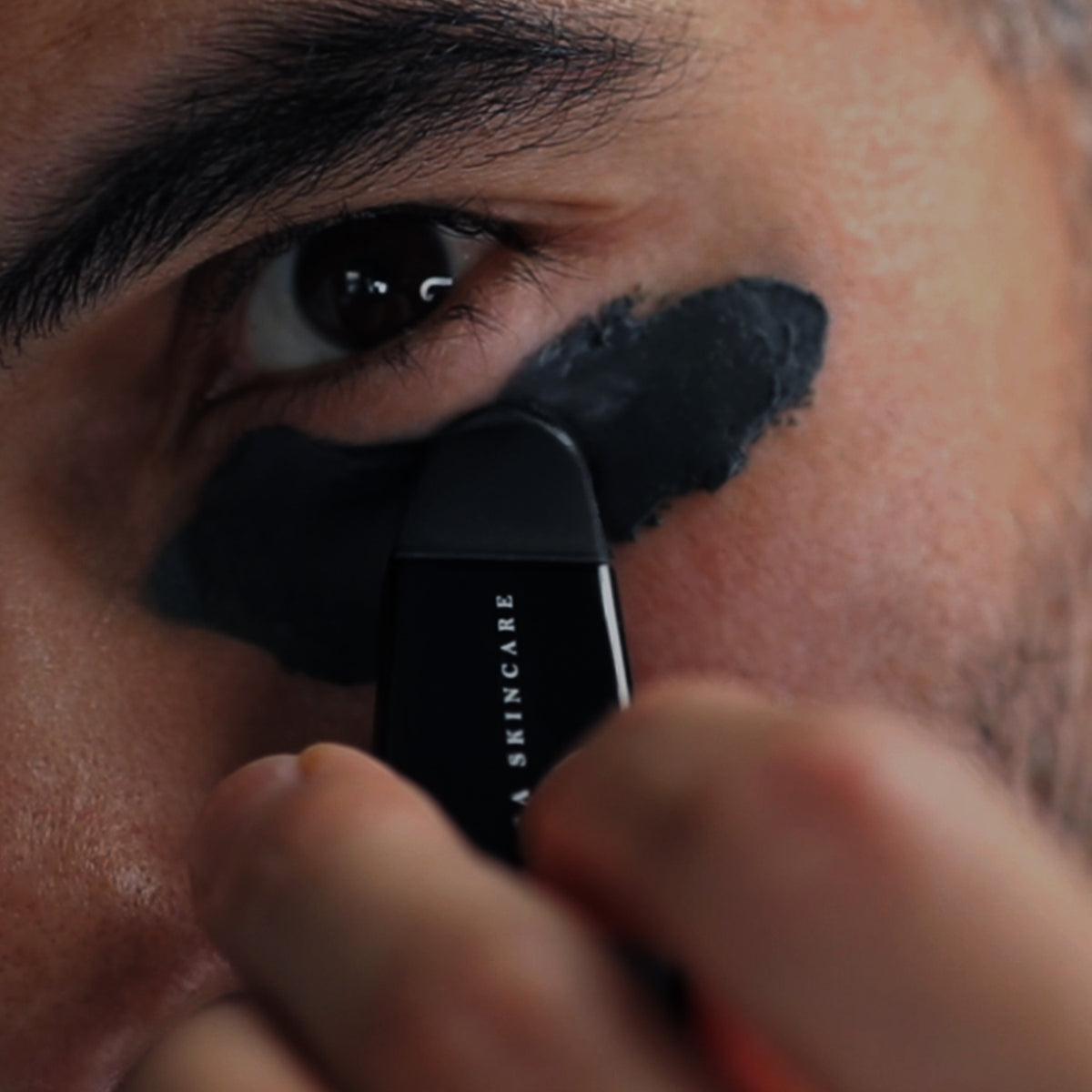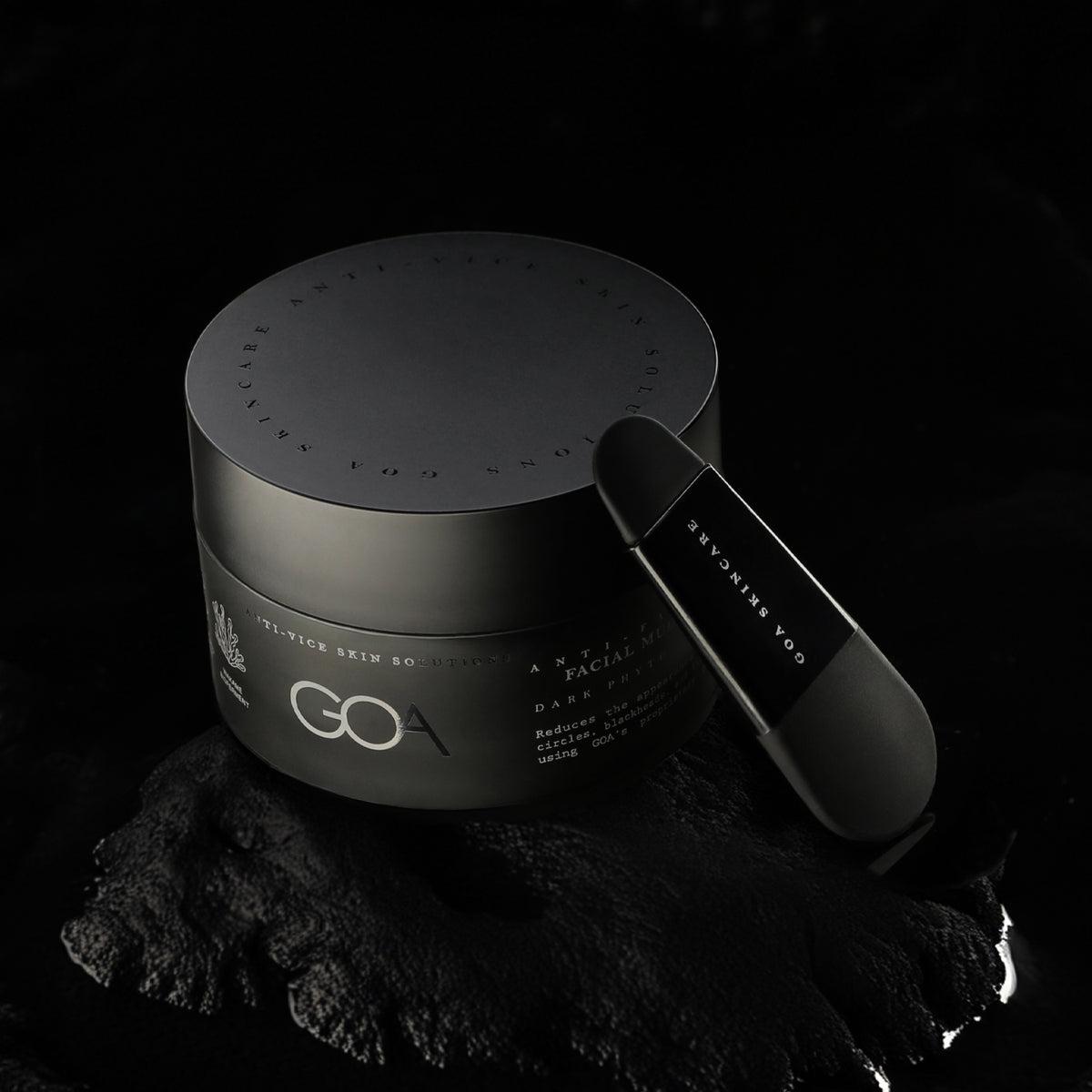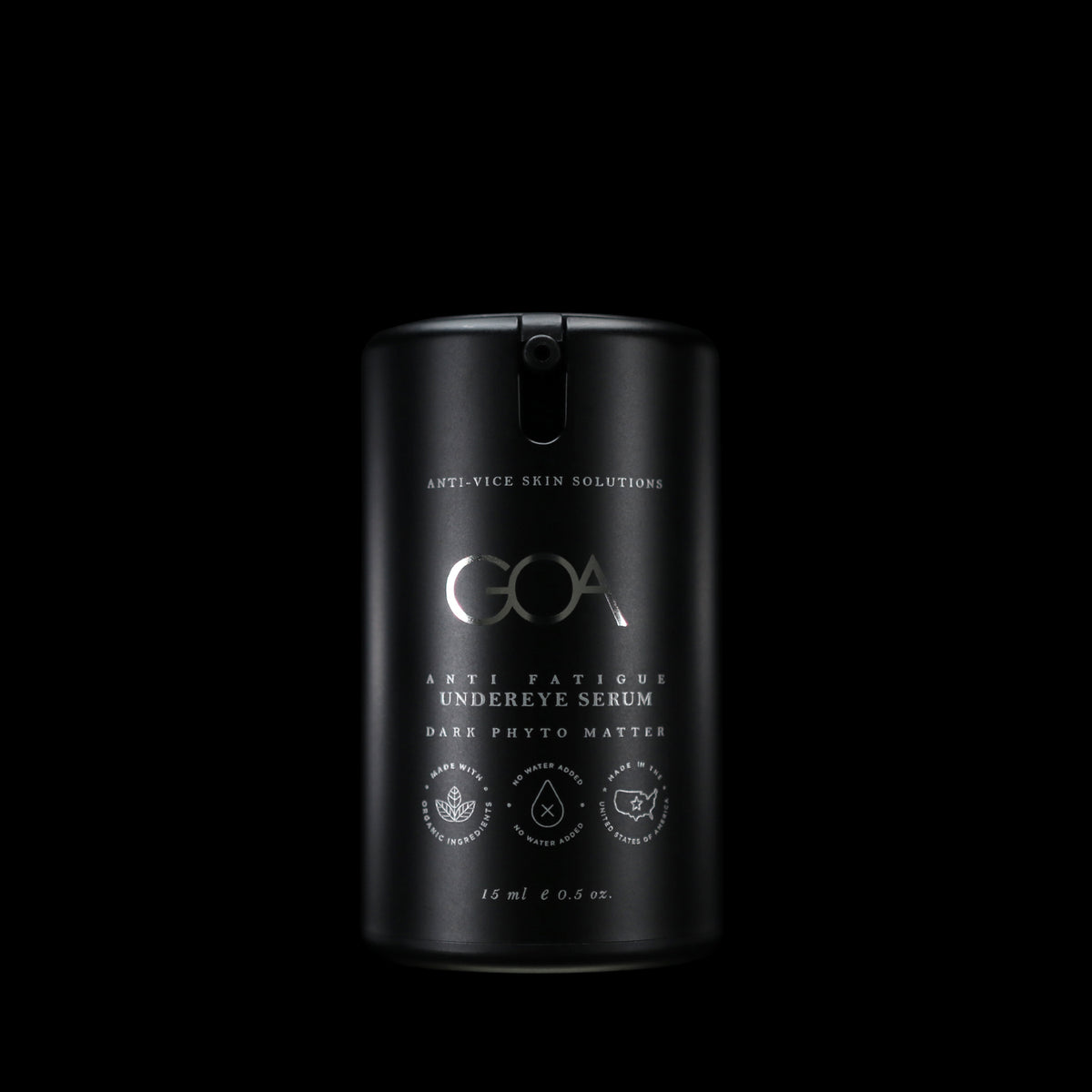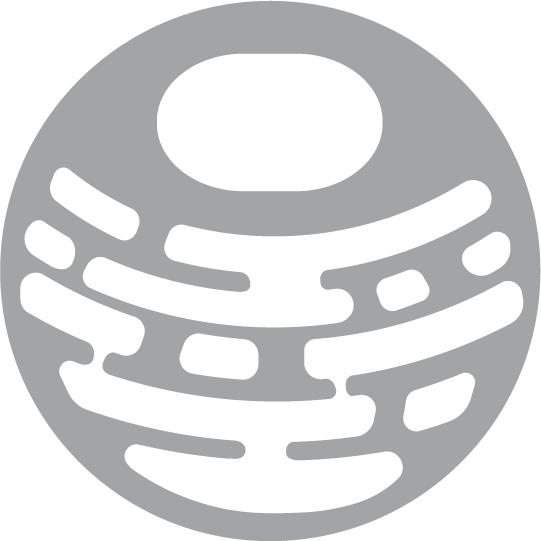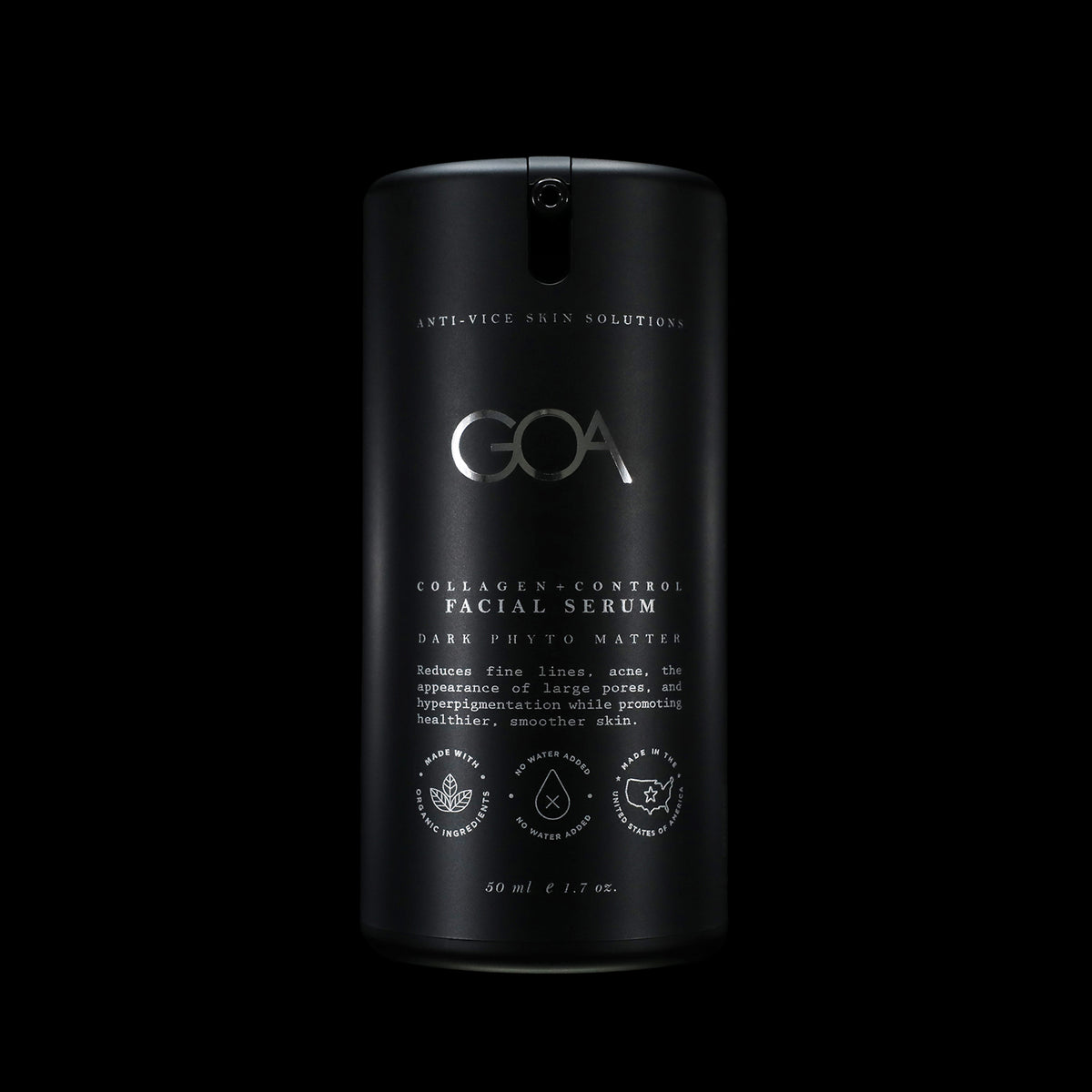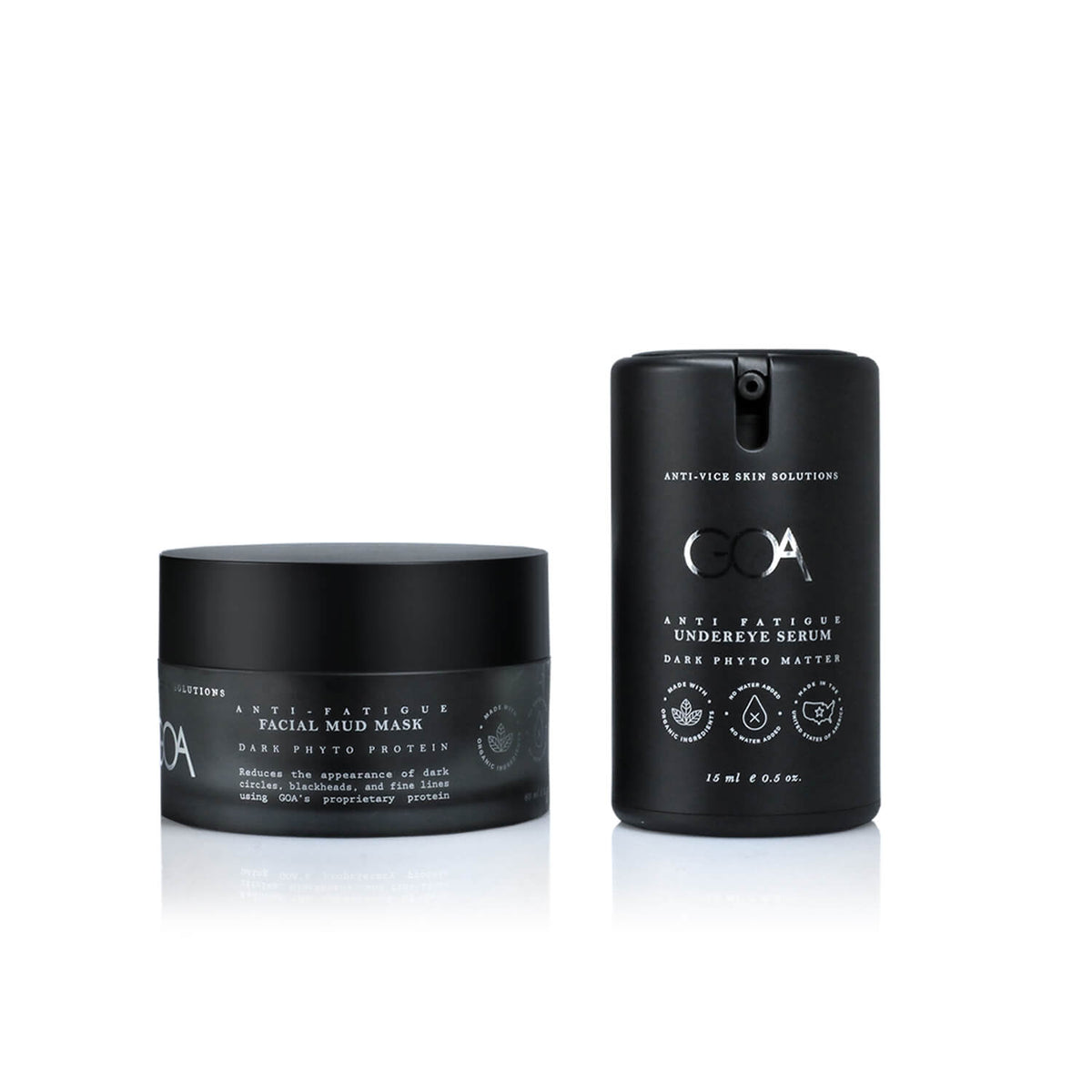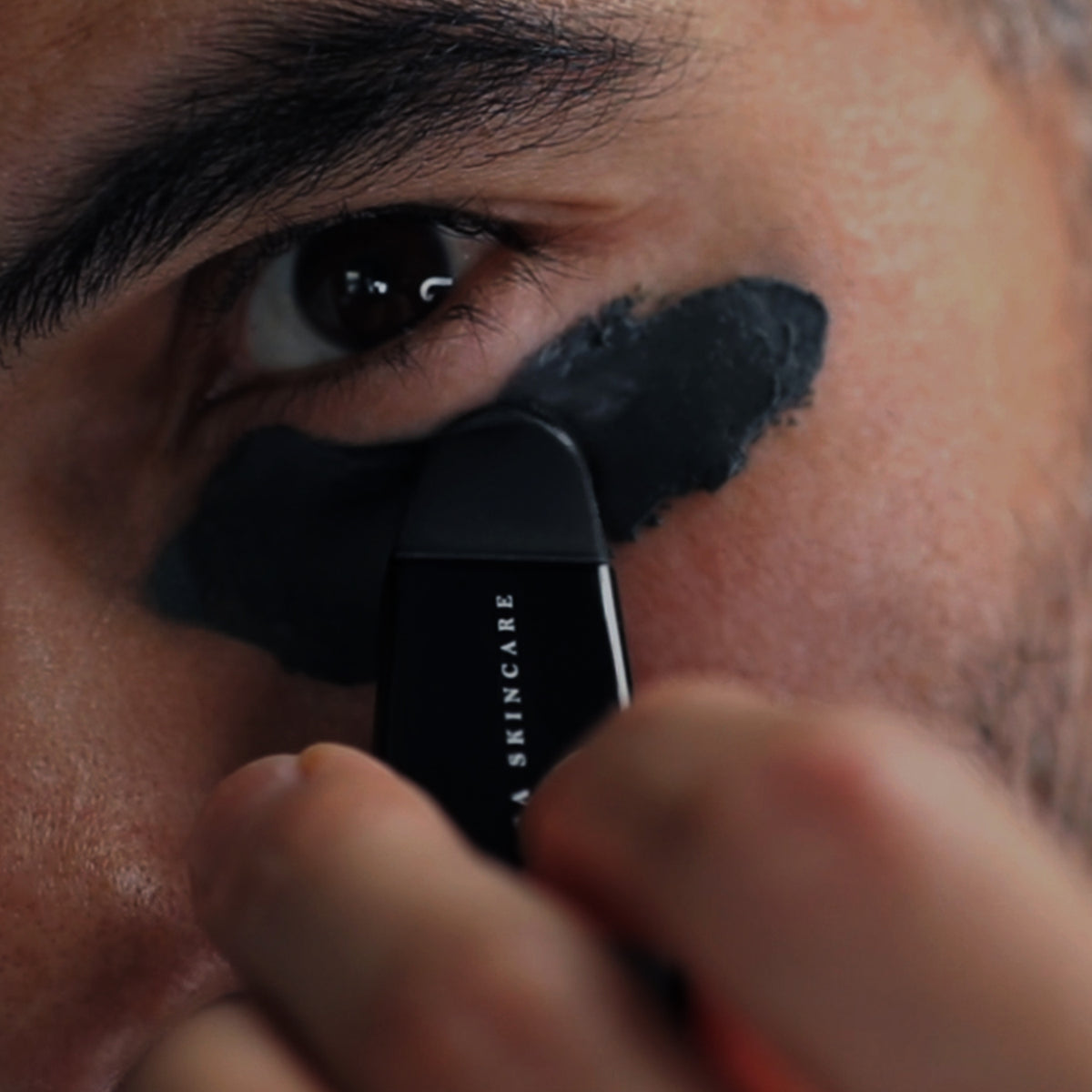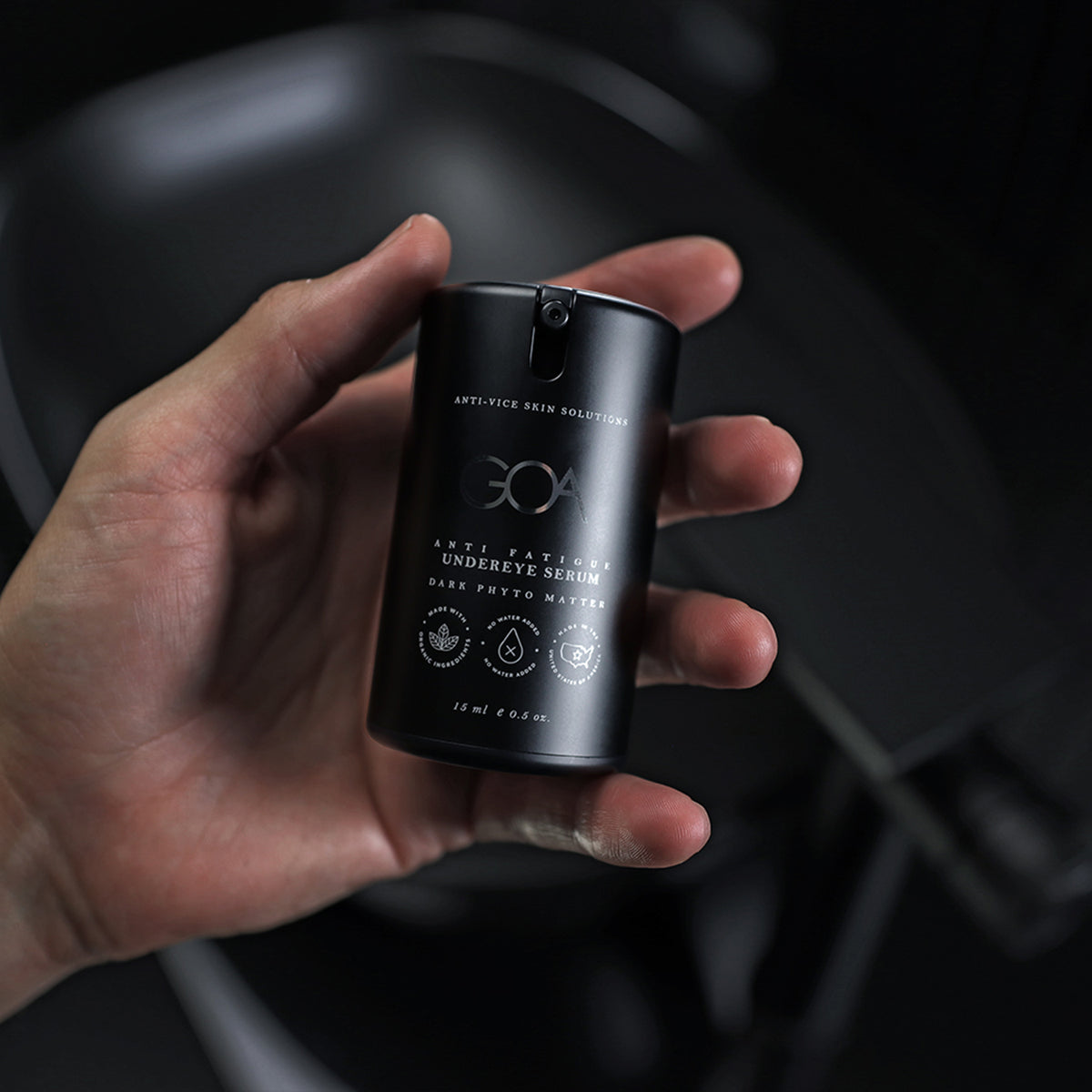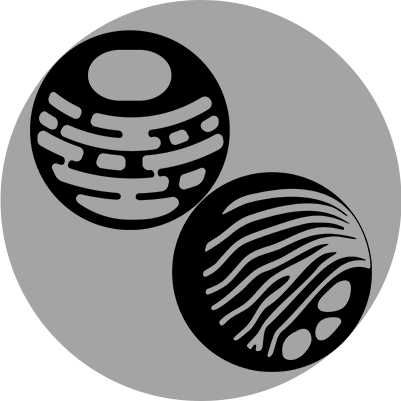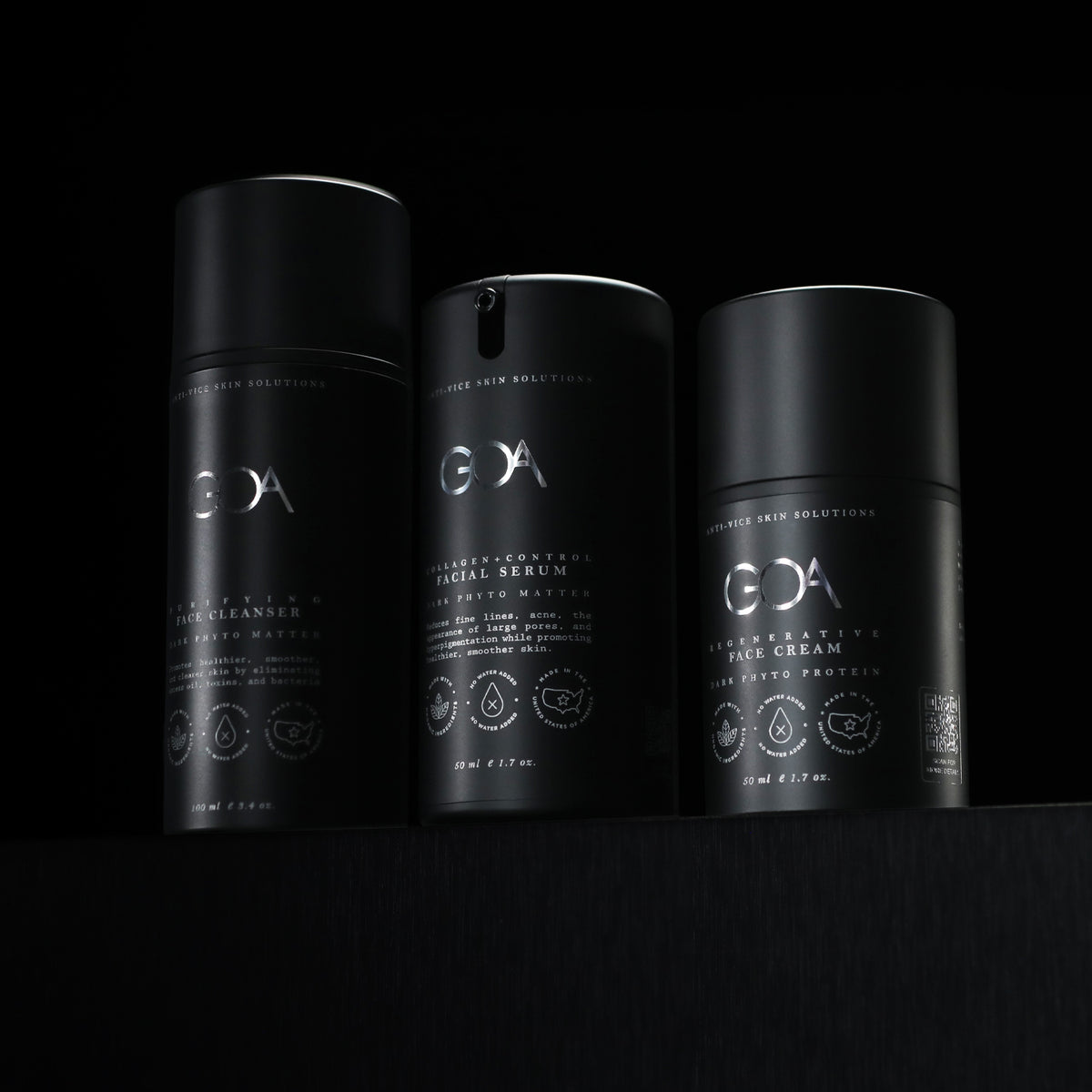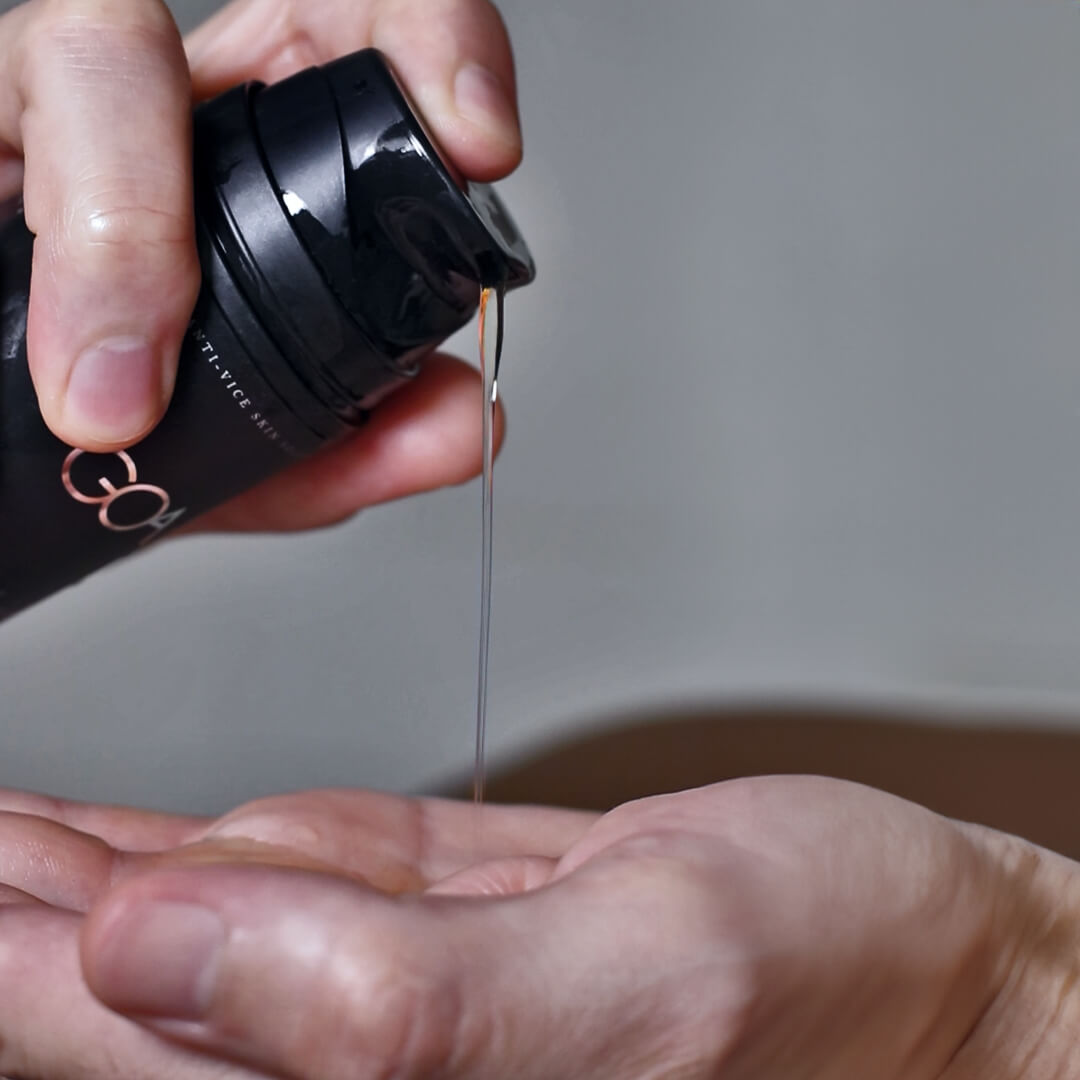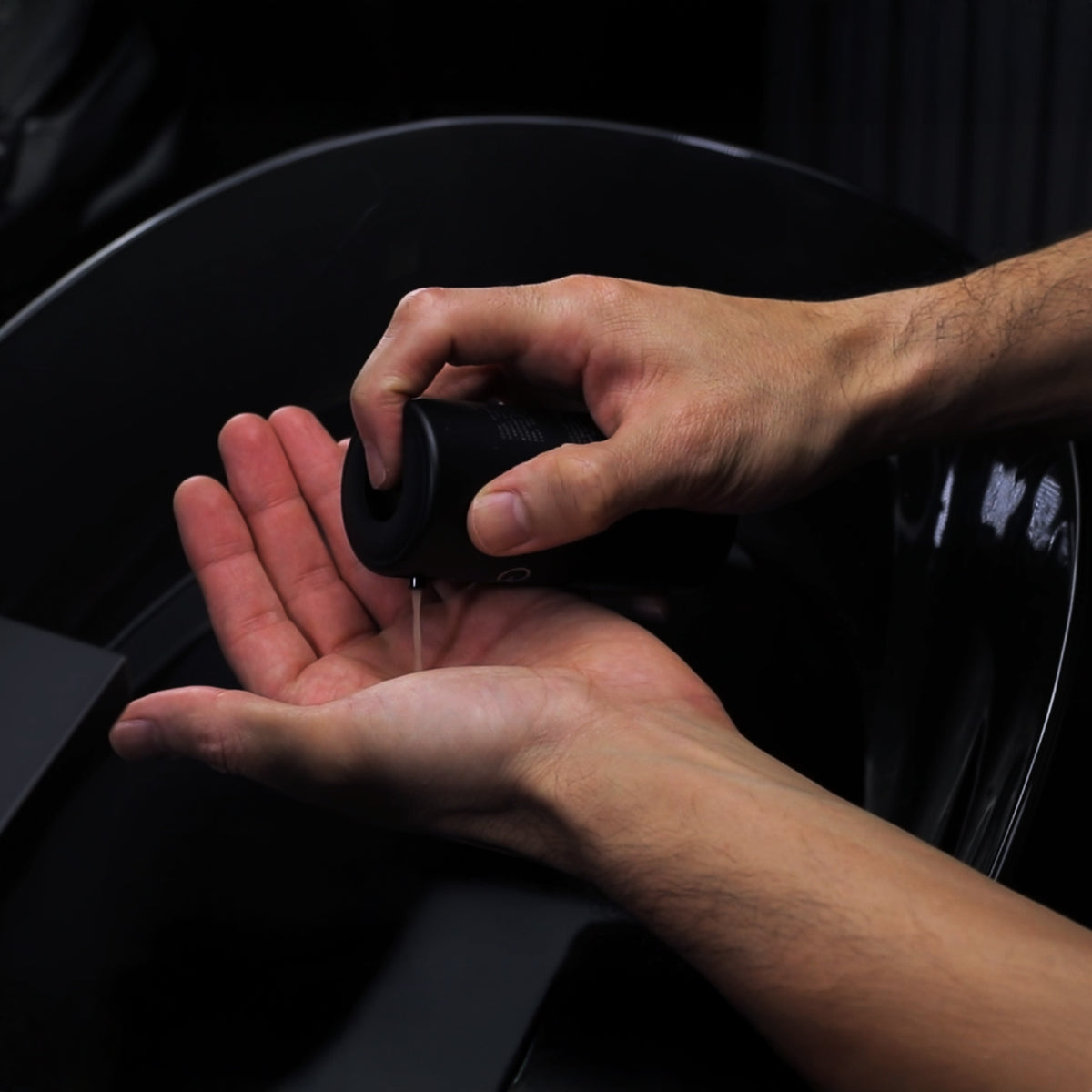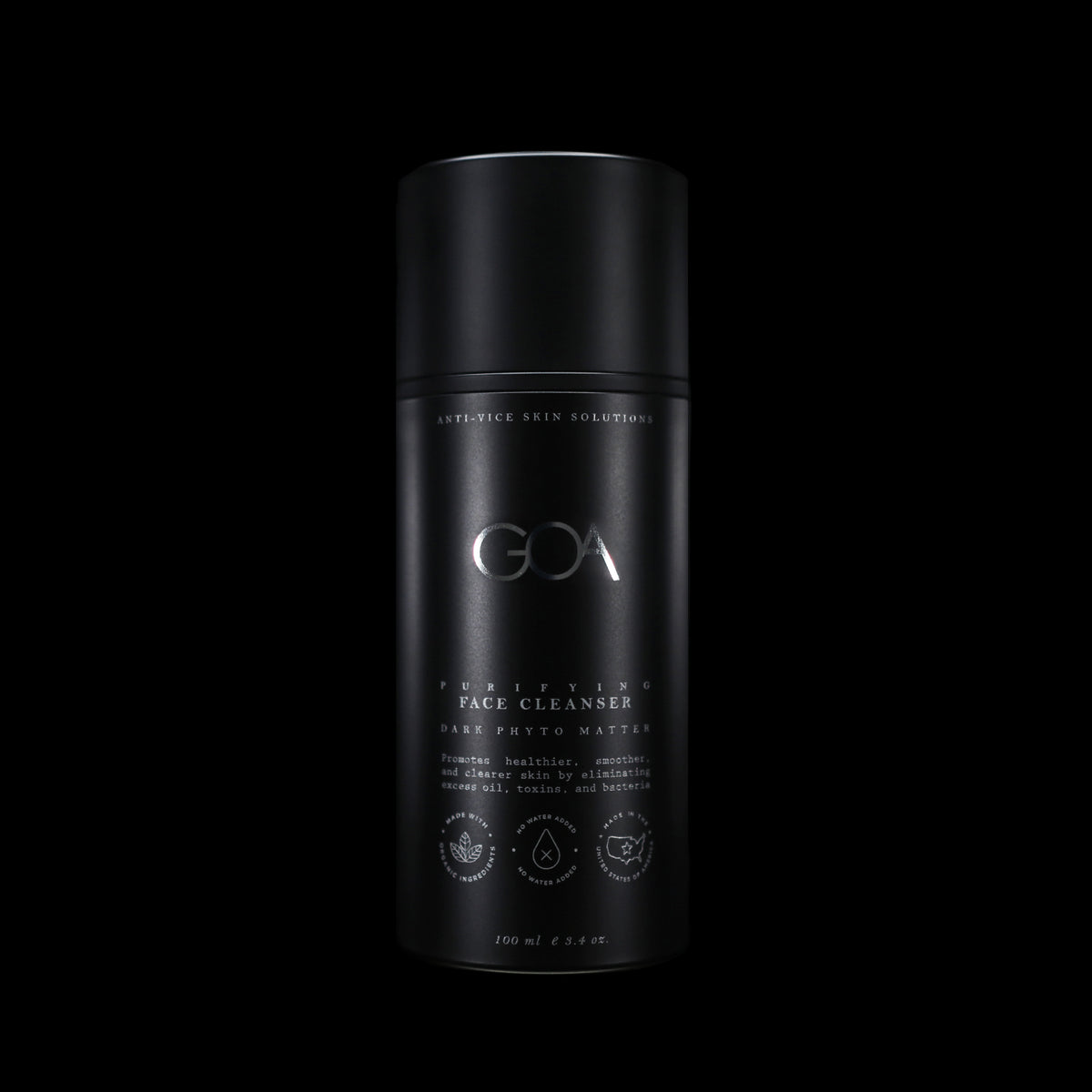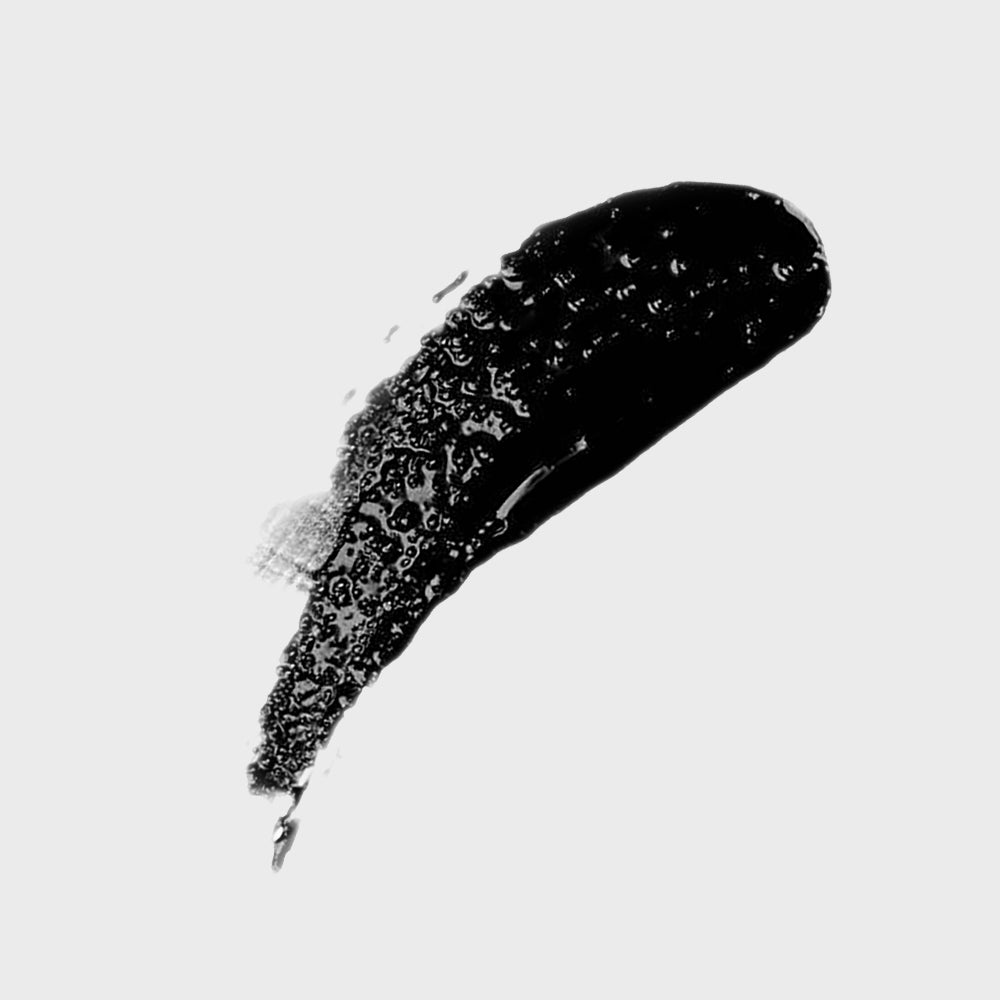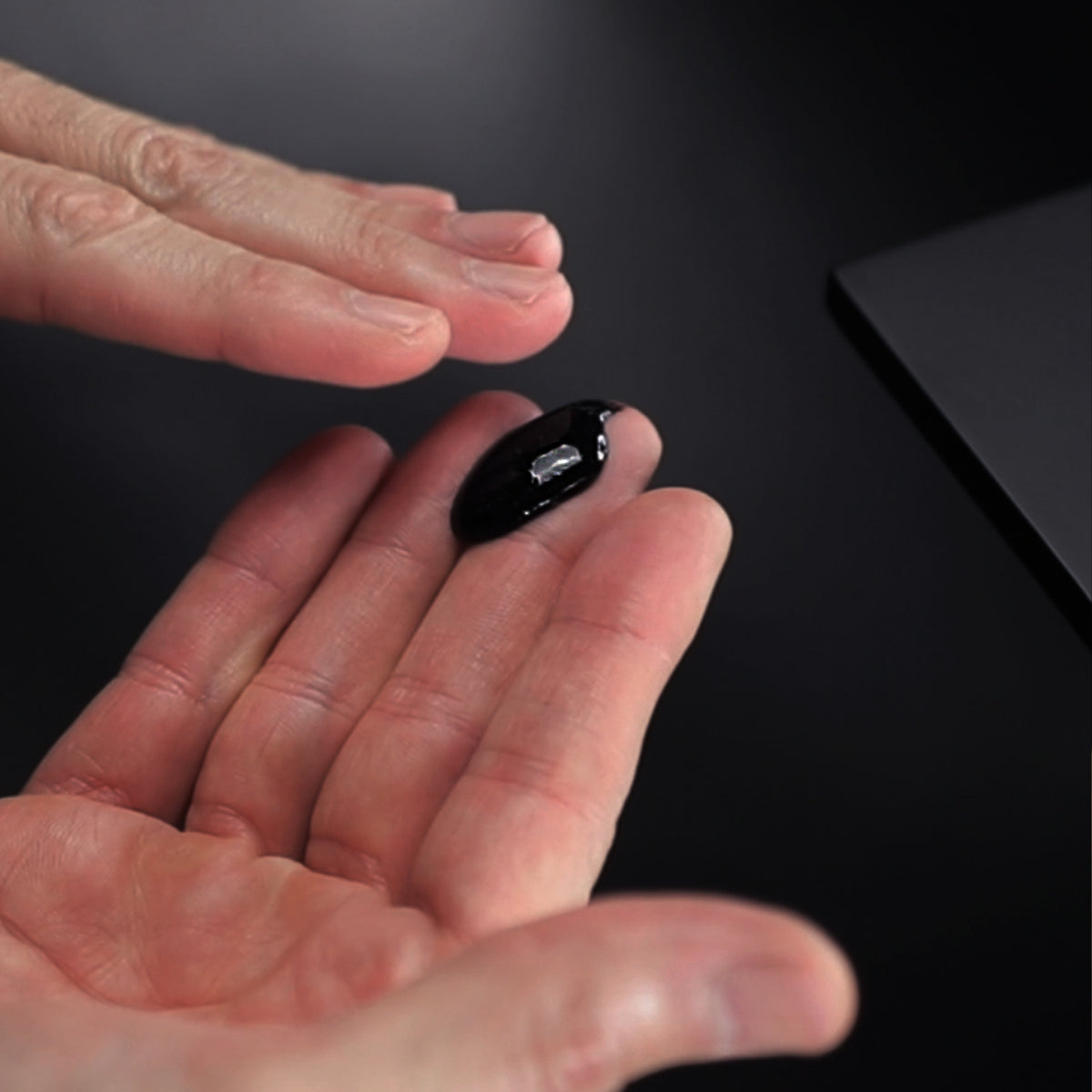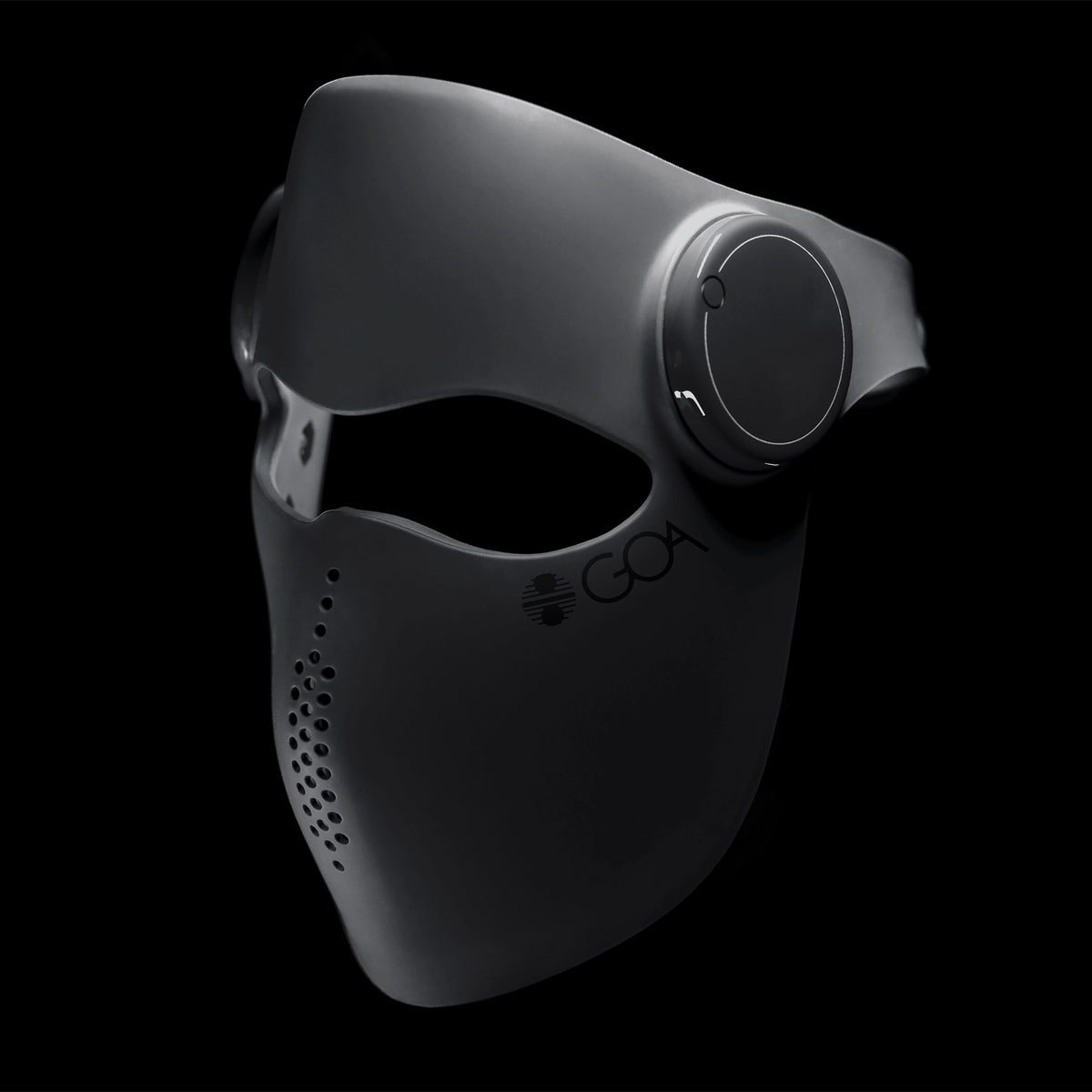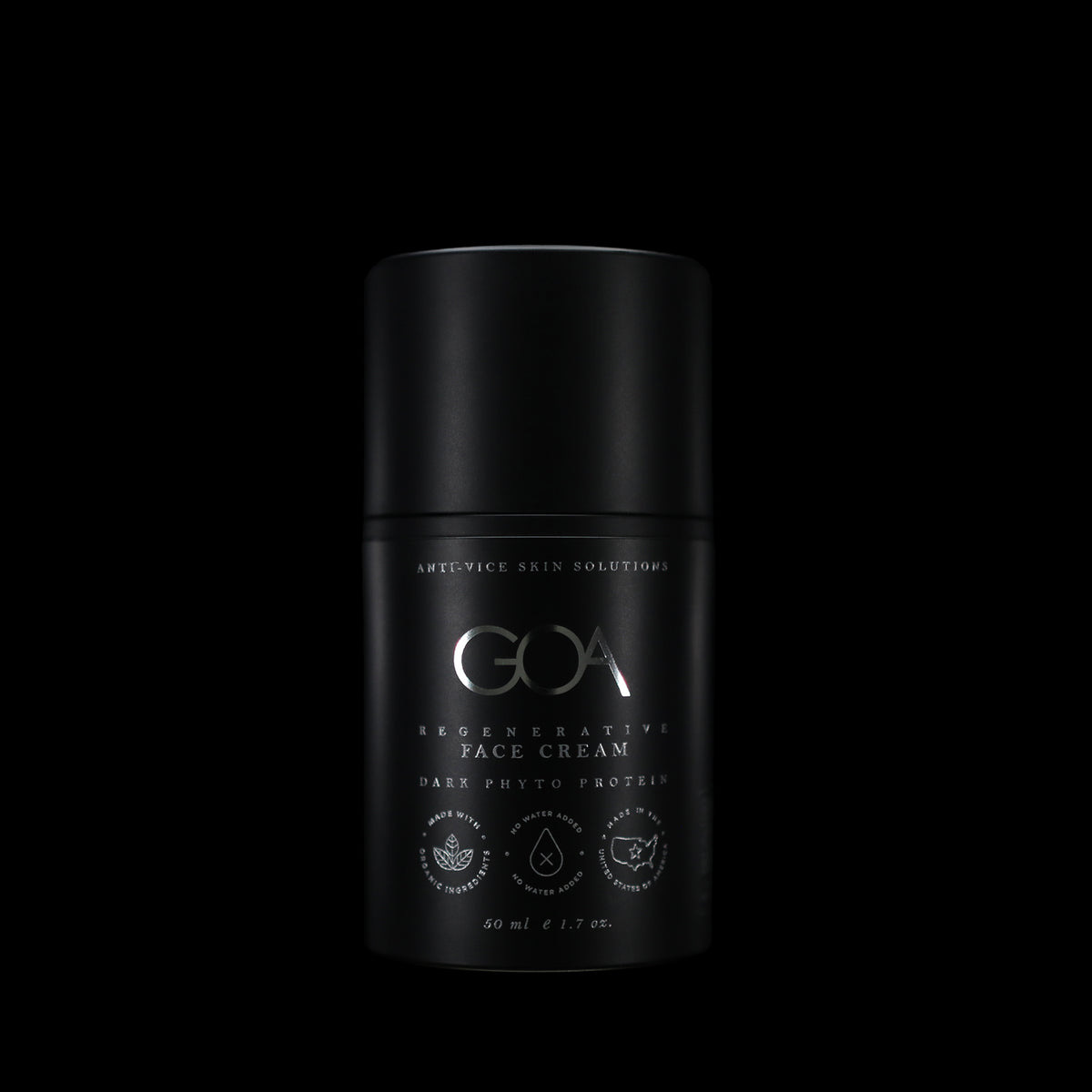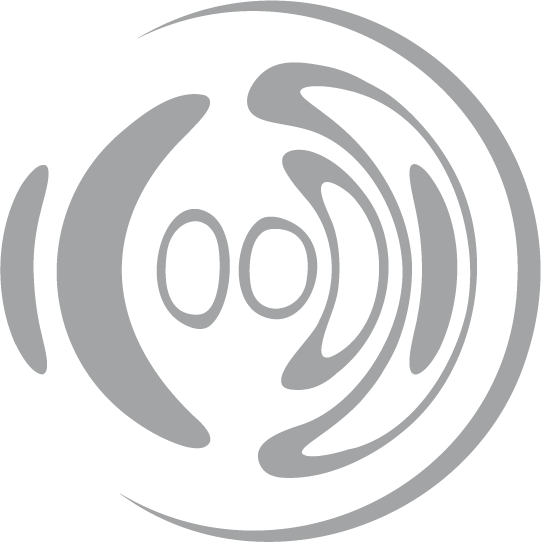Your Creatine Cheat Sheet
Introduction
As a triathlete competing in events from sprints to Olympic distances, I've always been mindful of what I put into my body. Creatine is a supplement that's been talked about endlessly in athletic circles. Despite its popularity, I hadn’t jumped on board—until recently. With firsthand experience, this guide aims to provide a balanced view of creatine and offer clear insights to help you decide if creatine might help power you through your workouts.
What is Creatine?
Creatine is a compound naturally found in muscle cells. It helps your body produce energy quickly, especially during high-intensity, short-duration activities like sprinting or heavy lifting.
Key Benefits of Creatine
Muscle Strength & Power: Enhances performance during high-intensity, short-duration activities. Particularly effective for weightlifting, sprinting, and explosive sports.
Muscle Growth: Supports muscle protein synthesis and increases water content in muscle cells (volumization).
Faster Recovery: Reduces muscle damage and inflammation after intense workouts, speeding up recovery between training sessions.
Cognitive Boost: Some studies suggest improved brain function, especially for vegetarians.
Should You Take Creatine?
Consider taking creatine if you:
- Participate in high-intensity sports or resistance training.
- Want to increase muscle mass and strength.
- Follow a balanced diet and exercise regularly.
- Are in good overall health.
When to Consult a Doctor:
- You have kidney problems or take medications that affect kidney function.
- You have a history of liver disease.
- You're under 18 years old.
How to Take Creatine
Dosage:
- Loading phase (optional): 20g per day for 5-7 days, split into 4 doses.
- Maintenance phase: 3-5g per day.
Timing: Creatine can be taken at any time of day. Some prefer taking it pre- or post-workout.
Mixing: Dissolve in water or juice, or add it to protein shakes.
Key Facts to Know
- Creatine is generally considered safe for healthy adults when used as directed.
- Initial weight gain is usually due to increased water retention in muscles.
- Creatine monohydrate is the most researched and effective form.
- Cycling is not necessary for most users; consistent use maintains elevated levels.
- Vegetarians and vegans may benefit more due to lower natural creatine levels.
- Caffeine may interfere with creatine absorption if taken simultaneously.
Potential Side Effects
- Stomach discomfort.
- Bloating (usually during the loading phase).
- Weight gain (due to water retention).
- Muscle cramps (rare; stay hydrated).
Tips for Maximum Benefit
- Stay well-hydrated.
- Combine with resistance training for best results.
- Be consistent with your intake.
- Pair with a balanced diet rich in protein.
- Be patient—effects may take 2-4 weeks to become noticeable.
Final Reminder: While creatine can enhance performance, it’s not a substitute for proper training, nutrition, and rest. Prioritize a balanced approach to fitness and health for best results.

















